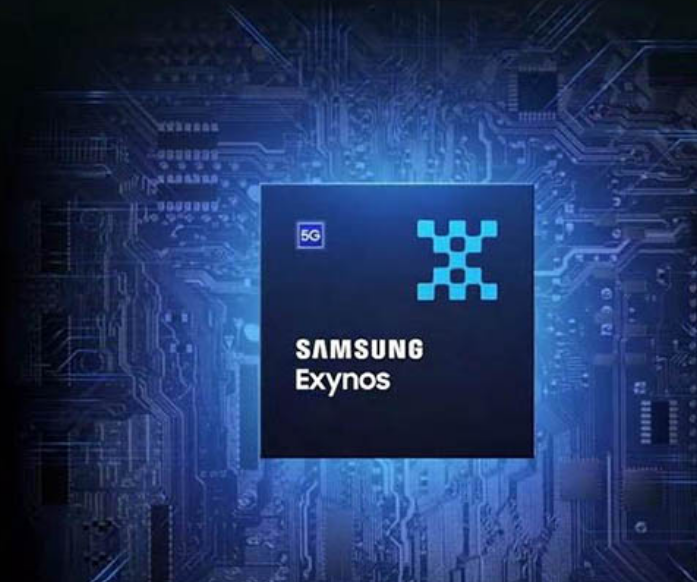In recent years, Samsung's Exynos chip business has been experiencing an unprecedented crisis, especially in the performance of its flagship smartphone lineup. As the designer of the Exynos chips, the System LSI division continued to introduce a new generation of flagship APs (application processors), but the process problems in the foundry department severely weakened the competitiveness of the products. This problem has not only dealt a blow to Samsung's internal confidence in developing its own mobile chip platform, but also caused its position in the market to decline day by day.
Challenges of Exynos
The Exynos chip used to be one of Samsung's core competencies in smartphones, but in recent years, the chip has struggled to match Qualcomm's Snapdragon platform or Apple's A-series processors in terms of performance and power efficiency. Coupled with the yield problem of Samsung's foundry department's advanced manufacturing process, the market performance of Exynos chips has further declined. The latest data shows that Exynos' share of the global smartphone AP market has fallen to fifth place, accounting for less than 5%, well below the shares of MediaTek, Qualcomm and Apple.
Bottlenecks in foundry technology forced the System LSI department to seek external cooperation. According to reports, Samsung is actively negotiating with external OEMs such as TSMC, seeking to use the support of TSMC's advanced processes to restore the market competitiveness of Exynos. However, since TSMC is currently mainly serving major customers such as Apple and Qualcomm, there is still great uncertainty about whether it can provide sufficient production capacity for Samsung.
Internal resource allocation is uneven: Priority of the memory department
Against the backdrop of the overall downturn in the semiconductor industry, Samsung has tilted more resources towards the memory division in an attempt to stabilize its traditional areas of strength. However, this resource allocation strategy has led to a further weakening of the competitiveness of the System LSI division, especially in the case of Exynos mobile chips. The market generally believes that the decline in competitiveness of Exynos is not only a technical issue, but also the result of an uneven distribution of strategic resources.

Pictured: Samsung may partner with TSMC to develop Exynos chips
Possible paths for future development
In order to get out of the predicament, the development of Samsung's Exynos chips may need to take the following paths:
Strengthen external cooperation
Samsung's potential partnership with TSMC is seen as key to restoring Exynos' competitiveness. By outsourcing some of the chip production tasks, Samsung can focus on chip design and optimization, while improving product performance with the help of TSMC's advanced process technology. But whether TSMC is willing to offer preferential terms to Samsung is still unknown.
Internal reform and technology investment
Samsung needs to invest more in internal technology research and development, especially to improve the process technology of the foundry division. As the world's largest supplier of Android smartphones, Samsung has the ability to re-engineer Exynos chips into an industry-leading mobile platform, but this will require more efficient resource integration and technological innovation.
Expand ecosystem support
In addition to the improvement of hardware performance, Exynos chips also need to establish more complete software and ecosystem support. By partnering with software developers, cloud service providers, and more, we create applications and services optimized for the Exynos platform to enhance user experience and market appeal.
Outlook: Redefining Exynos' market positioning
As the global smartphone market becomes more competitive, Samsung Exynos must quickly adjust its strategy to regain market share. In the short term, external cooperation, such as collaboration with TSMC, will be a key breakthrough; In the long run, internal and external synergies will determine the future fate of Exynos.
Despite the multiple challenges, Samsung's significant investment of resources and time in Exynos chips still shows its determination to compete for a voice in the field of mobile chips. Whether Exynos can once again become a market powerhouse in the future will depend on how Samsung finds a balance between internal reform and external cooperation.






